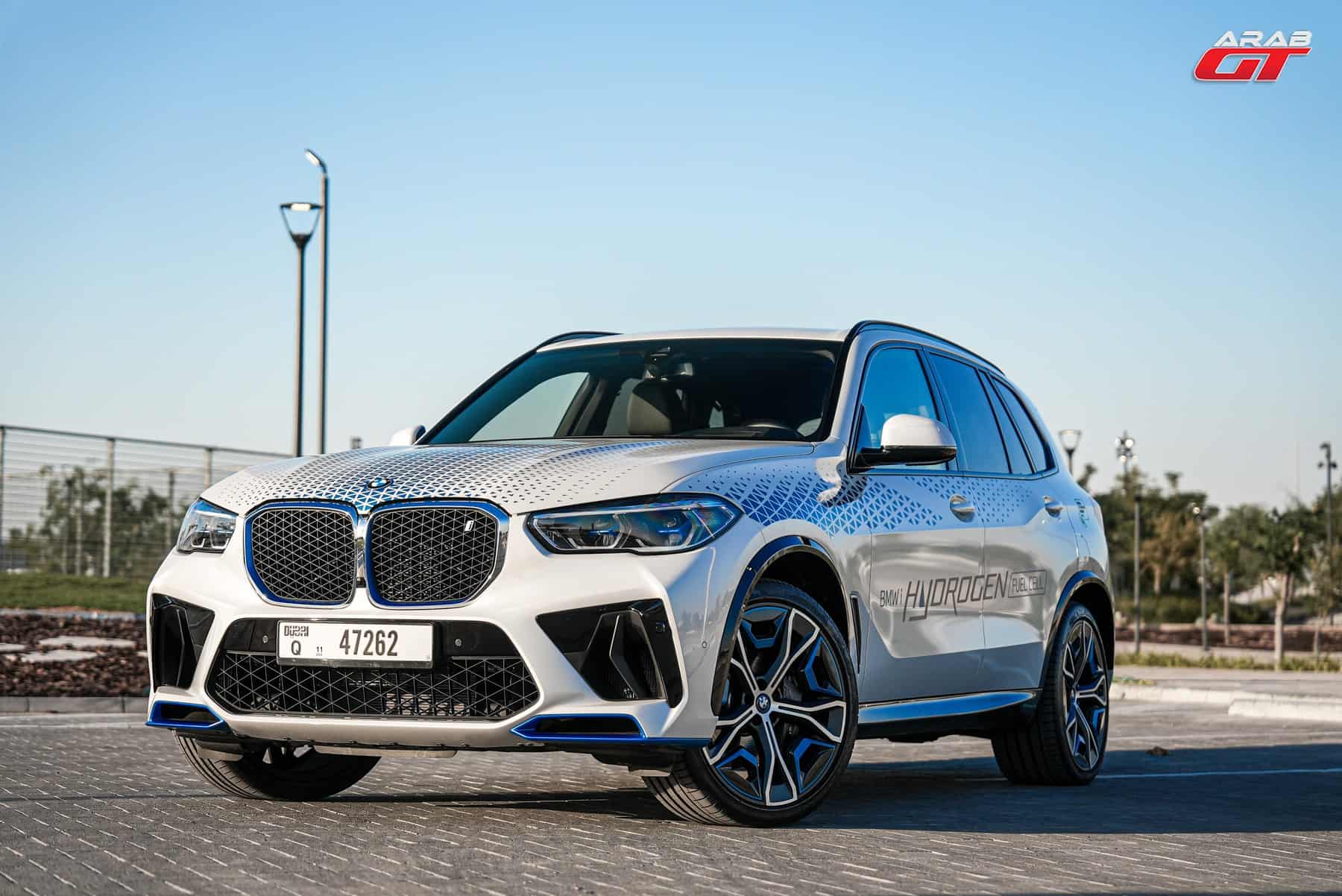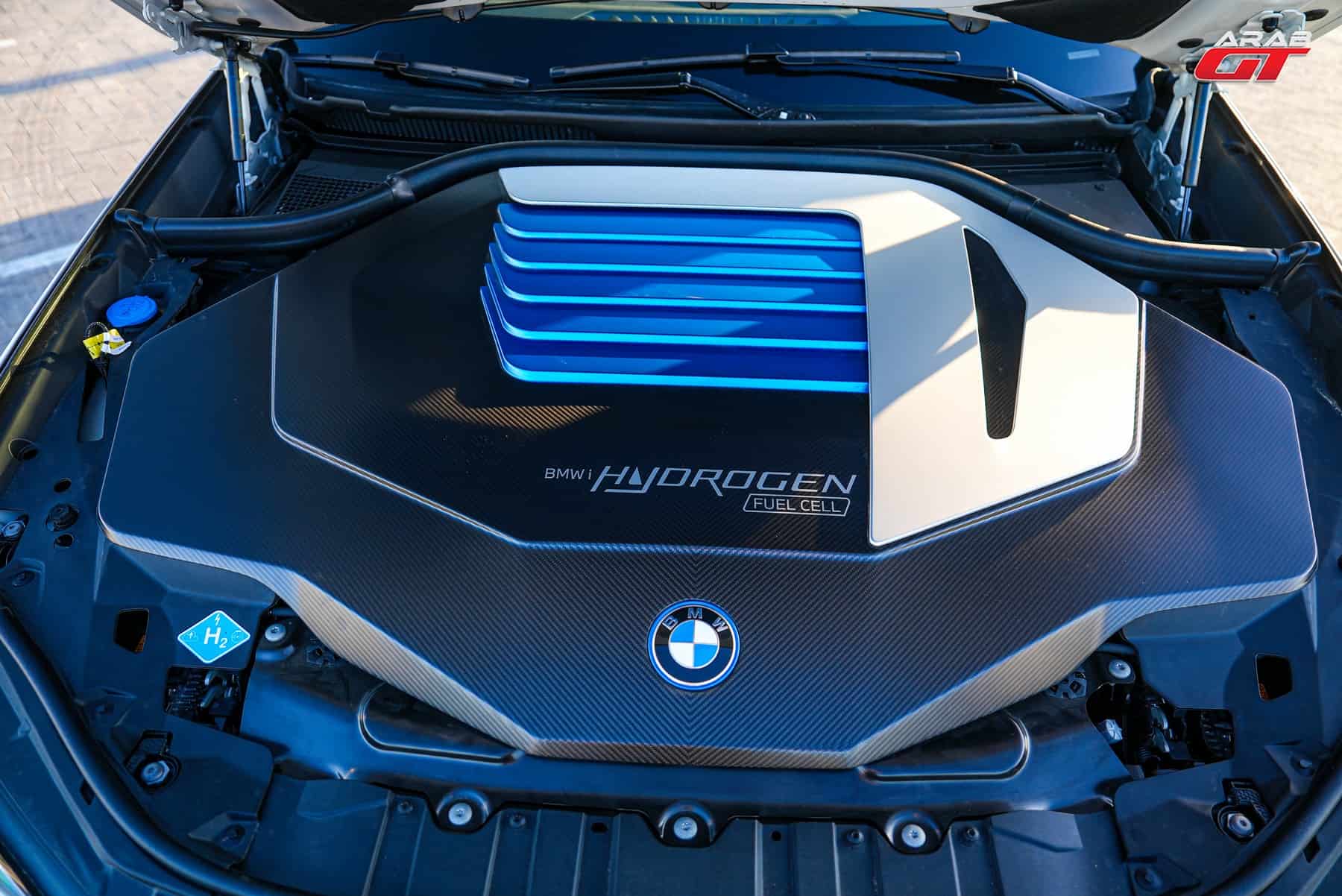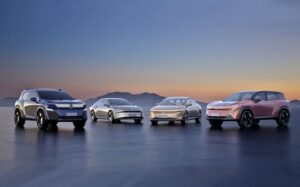In the dynamic world of automotive advancements, the rise of Fuel Cell Electric Vehicle (FCEV) technology marks a crucial turn towards sustainable transportation. This pivotal movement was highlighted in a thought-provoking conversation at the World Climate Conference COP28 in the UAE, featuring an engaging exchange between Mousub Shashaa, our correspondent, and Dr. Hamid Haqparwar, Managing Director at BMW. Central to their discussion was the role of hydrogen technology in shaping the future of mobility and its critical contribution to sustainable transport solutions, emphasizing its vital position in the automotive industry’s journey towards environmental responsibility.
Watch the interview here:
BMW, a frontrunner in automotive innovation, has been actively exploring a diverse range of drive systems to provide consumers with environmentally friendly options. These options encompass traditional internal combustion engines, plug-in hybrid vehicles, fully electric models, and the emerging technology of hydrogen fuel cell vehicles (FCEV). The Bavarian automaker’s forward-looking strategy involves offering these varied powertrains, allowing customers to choose their preferred energy source. By the end of this decade, BMW envisions integrating all four drive systems into its production line.
A prime example of BMW’s commitment to this vision is the BMW iX5 Hydrogen, an advanced hydrogen-powered vehicle that made a notable appearance at the COP28 climate conference in Dubai. This vehicle is more than just a concept; it’s a testament to the practical application of hydrogen energy in the automotive sector. But what exactly is hydrogen energy, and how do hydrogen cars differentiate themselves from their electric and petroleum counterparts? These are the intriguing questions we explore in our hands-on experience with the BMW iX5 Hydrogen.
The BMW iX5 FCEV represents a paradigm shift in automotive engineering. It’s not just a car that runs on hydrogen; it’s a powerhouse of innovation. Mechanically distinct from conventional vehicles, the BMW iX5 Hydrogen boasts a formidable power output of 401 horsepower (295 kW) and can accelerate from 0 to 100 km/h in under six seconds. Its range is equally impressive, covering approximately 504 km on a single hydrogen fill.
The secret behind the performance of FCEV like the iX5 lies in their unique power generation mechanism. Unlike electric vehicles that rely on externally charged batteries, hydrogen cars produce their electrical energy internally. This process involves the conversion of hydrogen’s chemical energy into mechanical energy through a reaction between hydrogen and oxygen within a fuel cell. The result is the generation of electrical energy, which powers an electric motor. Thus, FCEVs like the BMW iX5 Hydrogen effectively carry their energy production stations, requiring only hydrogen refueling to keep them running.
This technology isn’t just a futuristic concept; it’s a tangible reality that addresses several critical challenges in the automotive industry. Hydrogen cars offer a sustainable alternative that blends the benefits of electric vehicles with the convenience of traditional fueling practices. Moreover, the development of FCEV s like the BMW iX5 Hydrogen represents a significant step towards reducing the automotive industry’s carbon footprint, aligning with global efforts to combat climate change and promote environmental responsibility.
As we move forward, the automotive landscape is set to undergo a profound transformation, with hydrogen technology playing a pivotal role. The BMW iX5 Hydrogen is just the beginning of this exciting journey, offering a glimpse into a future where sustainability and performance coexist. As automakers like BMW continue to innovate and expand their offerings, the dream of a greener, more sustainable mode of transportation becomes increasingly achievable. The automotive world stands at the cusp of a new era, heralded by the advent of hydrogen fuel cell technology, and vehicles like the BMW iX5 Hydrogen are leading the charge towards this promising future.






